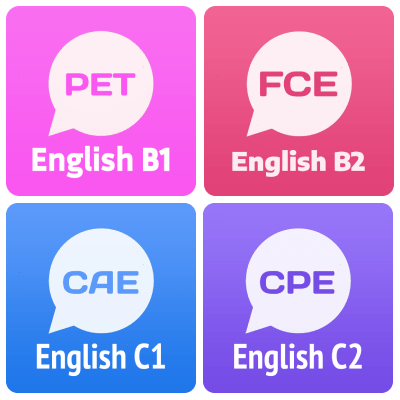Present Perfect Continuous
The Present Perfect Continuous is used for ongoing activities that started in the past and are still happening. It emphasizes the duration of the action and is formed with 'have/has been' + verb-ing.
Back
Present Perfect Continuous
How good are you at the Present Perfect Continuous tense? It's not a very common tense, and often it's not taught in classes, but we do use it sometimes and it's very good to know how to make it, and to recognise it when other people use it.
Luckily, it's very easy to make. Here's the positive (it's the present perfect of 'be' + verb -ing):
| Positive | Contracted Positive |
|---|---|
| I have been walking | I've been walking |
| you have been running | you've been running |
| he has been cooking | he's been cooking |
| she has been swimming | she's been swimming |
| it has been raining | it's been raining |
| we have been studying | we've been studying |
| they have been sleeping | they've been sleeping |
To make the negative, just add 'not':
| Negative | Contracted Negative |
|---|---|
| I have not been walking | I haven't been walking |
| you have not been running | you haven't been running |
| he has not been cooking | he hasn't been cooking |
| she has not been swimming | she hasn't been swimming |
| it has not been raining | it hasn't been raining |
| we have not been studying | we haven't been studying |
| they have not been sleeping | they haven't been sleeping |
Can you guess how to make the question form of the present perfect continuous? It's not very difficult - just put 'have' or 'has' before the subject:
| Yes/No Questions |
|---|
| have I been walking? |
| have you been running? |
| has he been cooking? |
| has she been swimming? |
| has it been raining? |
| have we been studying? |
| have they been sleeping? |
For 'wh' questions put the question word first:
| Wh Questions | |
|---|---|
| what have I been doing? | |
| where have you been running? | |
| what has he been studying? | |
| why has she been working today? | |
| how long has it been raining? | |
| how long have we been watching this film? | |
| how long have they been living here? |
When Should I Use The Present Perfect Continuous Tense?
Unfinished Actions
1: To say how long for unfinished actions which started in the past and continue to the present. We often use this with 'for' and 'since' (see the the present perfect simple page for more about 'for' and 'since').
- I've been living in London for two years.
- She's been working here since 2004.
- We've been waiting for the bus for hours.
This use is very similar to how we use the present perfect simple, and often it's possible to use either tense. Of course, with stative verbs, we can't use the present perfect continuous.
- I've been here for hours.
- NOT: I've been being here for hours.
2. For temporary habits or situations. The action started in the past and continues to the present in the same way as with use number 1, but we don't answer the questions about 'how long' so clearly. Instead, we use a word like 'recently'.
- I've been going to the gym a lot recently.
- They've been living with his mother while they look for a house.
- I've been reading a lot recently.
This is very similar to the use of the present continuous for temporary habits and often either tense is possible.
Finished Actions
3. Actions which have recently stopped (though the whole action can be unfinished) and have a result, which we can often see, hear, or feel, in the present. We don't use a time word here.
- I'm so tired, I've been studying.
- I've been running, so I'm really hot.
- I've been running, so I'm really hot.
The present perfect simple has a very similar use, which focuses on the result of the action, whereas the present perfect continuous focuses on the action itself.
